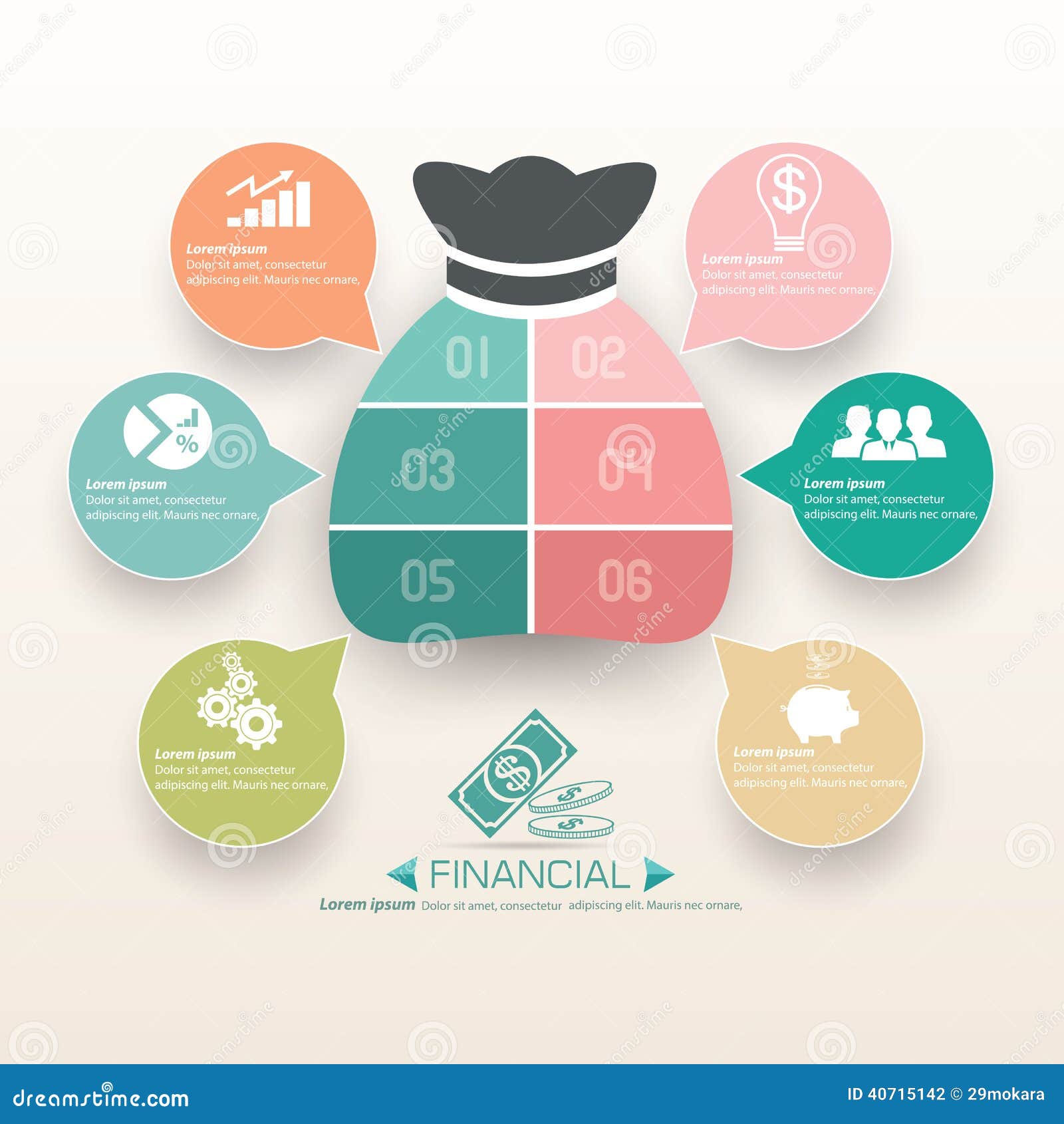The Consequences Of Falling Short To Satisfy An Efficiency Bond
The Consequences Of Falling Short To Satisfy An Efficiency Bond
Blog Article
Created By-
When motor vehicle dealer surety bond concerns a performance bond, it guarantees that the principal (the celebration who buys the bond) will certainly fulfill their commitments under the bond's terms. If the principal stops working to satisfy these responsibilities and defaults on the bond, the surety is responsible for covering any kind of losses or problems that result.
1. Loss of track record: Defaulting on an efficiency bond can harm the principal's credibility and integrity, making it harder to safeguard future organization or funding.
2. licensed and bonded and administrative costs: The surety might require to pay lawful and administrative costs related to going after the principal for problems or attempting to remedy the scenario.
3. Financial losses: The surety might need to cover the cost of completing the job or providing the solutions that the principal stopped working to deliver. This can lead to significant financial losses for the surety.
4. Boosted costs: If the principal has a background of defaulting on efficiency bonds, they might be needed to pay greater premiums in the future to get the required bonding.
On the whole, defaulting on a performance bond can have severe monetary effects for both the principal and the surety. It is essential for principals to thoroughly consider their responsibilities and guarantee they have the ability to fulfill the regards to the bond to stay clear of these unfavorable outcomes.
Back-pedaling a performance bond can be a pricey bad move for businesses. When you fail to fulfill the bond's commitments, the economic effects can be significant. From paying the full bond total up to potential legal battles and damaged connections, the effects can reverberate throughout your company procedures. Comprehending the complex web of monetary impacts that back-pedaling an efficiency bond can have is essential for guarding your business's monetary health and track record.
Financial Penalties for Defaulting
If you back-pedal a performance bond, you'll likely deal with significant punitive damages. These charges can differ depending on the regards to the bond agreement however frequently include paying the bond amount completely to the obligee. This suggests that if you fall short to accomplish your legal obligations, you must pay the bond amount to the project proprietor or the entity that needed the bond.
Furthermore, you might additionally be accountable for any additional costs incurred by the obligee because of your default, such as finding a replacement contractor or covering project delays.
Back-pedaling a performance bond can also result in lawful fees and court prices if the obligee determines to take lawsuit versus you to recoup the bond quantity. These costs can rapidly accumulate, more worsening the monetary effect of your default. It's essential to meticulously review and recognize the terms of the efficiency bond to prevent these severe financial penalties.
Effect On Company Cash Flow
Defaulting on an efficiency bond can substantially affect your company cash flow, impacting economic stability and operational capabilities. When you back-pedal a performance bond, you run the risk of losing the bond amount, which can be a substantial amount. This loss straight impacts your capital, as you'll need to discover alternate resources of funding to cover the bond quantity. In addition, defaulting can bring about enhanced analysis from sureties, making it tougher and extra pricey to safeguard bonds in the future. This can even more strain your capital as you may need to allot added resources to meet bonding requirements.
The impact on your capital does not quit there. Back-pedaling a performance bond can additionally lead to task delays or cancellations, leading to a loss of revenue. Furthermore, the unfavorable credibility that comes with defaulting can deter possible clients, better reducing your capital. On the whole, back-pedaling an efficiency bond can have detrimental effects on your organization's financial health and wellness and capacity to run efficiently.
Lawful Implications and Lawsuits
Encountering legal ramifications and prospective claims because of defaulting on a performance bond can substantially influence your service's online reputation and financial standing. When you default on an efficiency bond, the guaranty business might take lawsuit to recover the bond amount paid out. This might lead to expensive lawful charges, court expenditures, and possible settlements or judgments against your business.
In addition, back-pedaling an efficiency bond might lead to damaged connections with customers, subcontractors, and distributors, affecting your capability to safeguard future agreements. Lawsuits developing from bond defaults can stain your service's reputation in the market, making it testing to attract brand-new partners or clients.
Additionally, if the default causes a court judgment against your company, it can lead to property seizure or liens, additionally straining your monetary security. For that reason, it's vital to comprehend the legal implications of defaulting on an efficiency bond and take positive steps to reduce the dangers entailed.
Verdict
As you deal with the repercussions of defaulting on a performance bond, remember this: it resembles walking a tightrope without a safeguard. One wrong action can send you plunging right into an economic freefall, without any method to stop the loss.
The financial penalties, cash flow effect, and legal implications are all waiting to catch you if you slip up. So walk carefully, and constantly honor your dedications to avoid the severe consequences of default.
